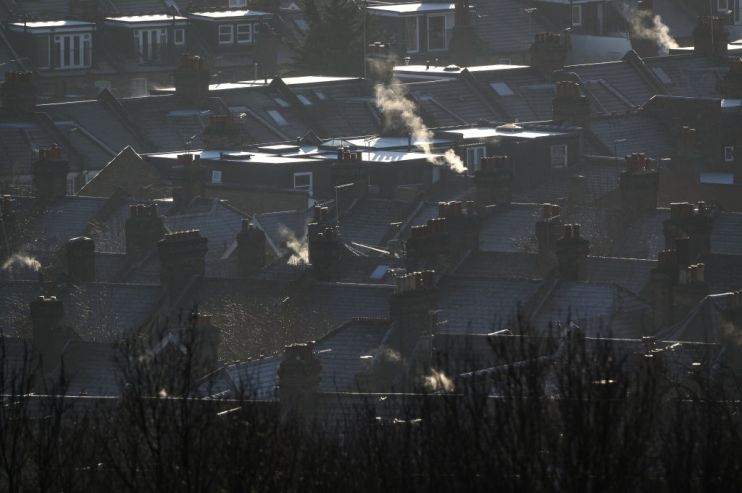UK flirting dangerously close with recession this year, economists warn

The UK economy is flirting dangerously close with falling into recession this year as a result of inflation dealing a heavy blow to households and businesses.
That’s according to a slate of gloomy forecasts from some of the City’s top economists.
Elevated food, energy and core goods prices will send inflation to a peak of 10 per cent this year, the highest level in four decades, taking “the economy to the brink of recession,” according to Capital Economics.
Households are expected to cut purchases in response to a “bigger surge in inflation” shrinking spending power at the quickest rate on record, the consultancy said.
Those predictions were shared with analysts at Deutsche Bank, who warned their moedlling “all point[s] to one thing: the probability of a recession is rising.”
Growth will be choked by households slashing spending in response to the worst drop in living standards on record as a result of wages failing to keep pace with an annual inflation rate of nearly nine per cent.
Brits are already being pinched by a 30-year high inflation rate of seven per cent, a 1.25 percentage point national insurance hike and a 54 per cent uplift to their energy bills, underscoring their lack of capacity to swallow more rises in the cost of living.
The Bank of England will heap extra pressure on consumers sending interest rates to a peak of three per cent by next year to douse down historic high inflation.
Borrowing costs have not been that high since the financial crisis in 2008, which, if borne out, would illustrate the sharp shift in policy from the Bank from supporting the economy through the pandemic to getting inflation back to its two per cent target.
Threadneedle Street has been accused of stoking price rises by delaying rate hikes in the second half of last year.
Some have said the Bank will now need to go harder and faster to rein in price rises, potentially lifting rates 50 basis points at its next meeting on 5 May, something it rarely does.
It has lifted rates in each of the last three meetings, taking to pre-pandemic levels of 0.75 per cent.
Higher interest rates tend to cool inflation by reining in demand and investment, but add to pressure on household finances by raising mortgage payments and making borrowing more costly.
Ongoing tightness in the UK jobs market caused by the pool of workers shrinking around 600,000 since the start of the pandemic will put upward pressure on wages, feeding into higher inflation as firms pass on higher staffing costs.
The fresh forecasts chime with last week’s projections by the world’s economic watchdog, who warned global growth will be much weaker than first thought at the start of the year.
The International Monetary Fund cut UK growth estimates this year one percentage point and said next year the economy would expand at the slowest rate in the G7.
Britain had previously notched the best growth rate in the G7, but this was mainly driven by the country suffering a harsher blow from the Covid-19 crisis.
Inflation is forecast to fall next year, driven by consumption falling in response to higher prices.
Although Capital Economics and Deutsche Bank think spending will drop, they said household consumption may be upheld by Brits tapping into their savings war chests collected over the course of the pandemic.